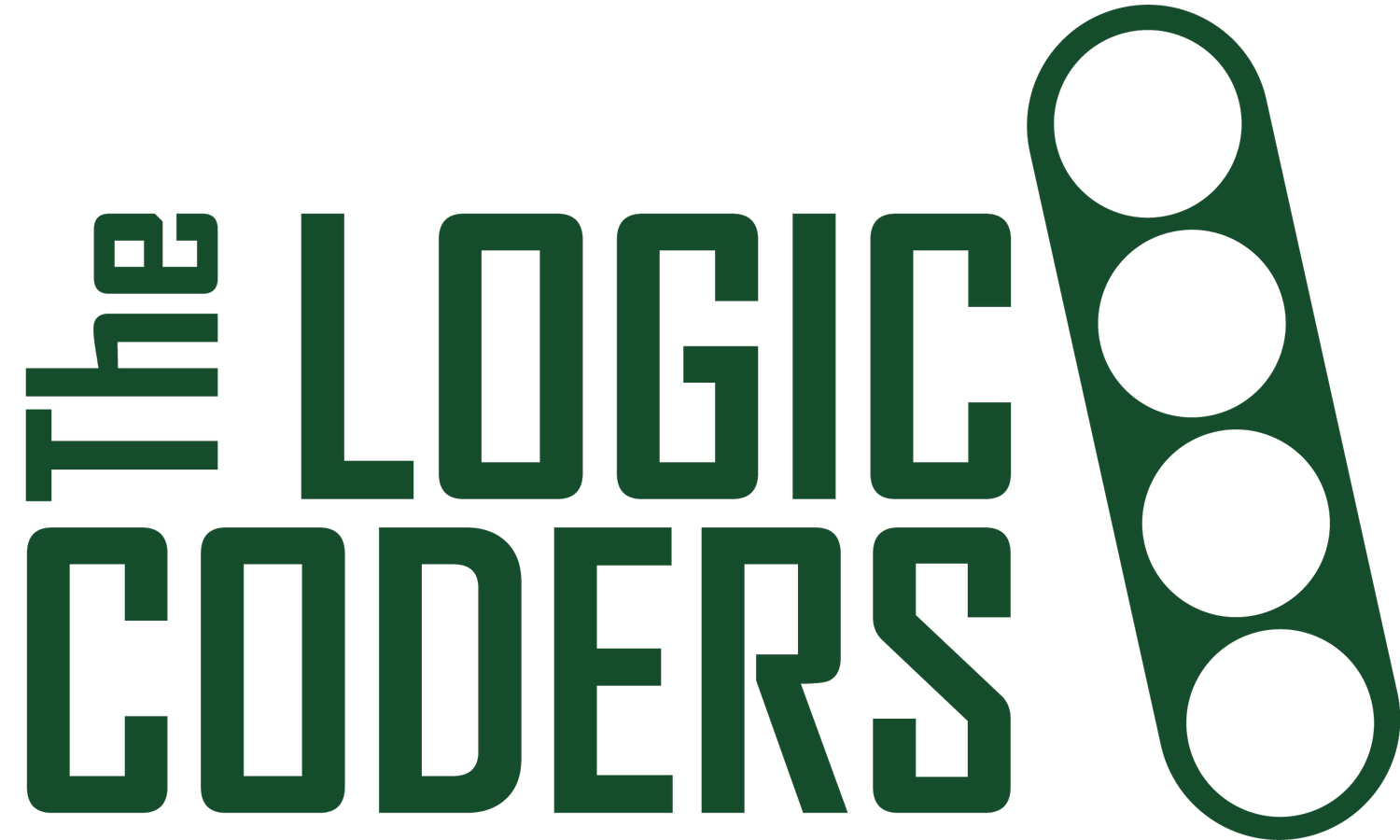Does coding make one smarter?
In an interview, Steve Jobs had this to say about learning how to code: “I think everybody in this country should learn how to program a computer, should learn a computer language, because it teaches you how to think. I view computer science as a liberal art. It should be something that everyone takes.”
A good programmer is also a good problem solver. They have excellent analytical skills; they know how to break down the problems and apply the resources optimally to solve the problem. In essence, your world view is modified quite a lot; once you start viewing things as bits, you can never go back.
Here’s how programming affects your brain.
Programming can be a massive mood booster
Many programmers out there have been stated that when they were able to solve some problem after long hours of trying, they literally roll in euphoria. Coding is often 99% frustration and 1% gold, but that gold is so worth it!
They get a gratifying feeling when they finally figure something out or make something work. And most of the time, that feeling takes a long period to go away.
The brain forms new connections and neurons
Learning something new with consistent effort shapes modern neural associations and enacts brain parts related to learning. According to Dr. Janet’s journal, in one of the world’s driving specialists in observational computer program building, coding actuates five brain districts related to dialect consideration, preparing, and working memory.
They found out that the programmers who code consistently have higher movement related to language and math parts of their brain.
While learning code, it makes a difference that people get more proficient within the craftsmanship of learning. As it is a complex and multifaceted skill, it offers assistance to reinforce associations between the brain’s distinctive parts, especially in the cerebrum, and construct up the brain’s capacity to learn more.
It makes existing neural pathways more robust and creates more modern pathways
The more someone uses their brain to learn something difficult, gets stronger and sharper. It’s old news. But coding initiates different regions within the brain. When someone works consistently solving problems or codes more and more, the brain builds modern associations and new neural pathways.
When these pathways are utilized frequently, the other neurons that already exist between them are fortified and reinforced almost comparative to how doing a monotonous movement bulls muscle memory. This makes strides in how the brain reacts to jolts and forms data.
Programmers have been exhibited to have more dynamic brains in some areas, resulting in superior cognitive alertness and execution.
Problem handling
Programming instructs to recognize and solve problems. Problem handling is an ability that gives the power to characterize problems, shape arrangements, and choose the most fantastic course of action.
Getting bugs in code is normal; it would be weird if no bug showed up. And the method of finding and settling bugs guides programmers to be imaginative in their problem-solving in a very logical way!
Steve Jobs once said everyone should learn a computer language because it teaches you to like to think
Apart from helping improve our logical, analytical, and problem-solving skills, programming also helps us get through with our concepts. Last but not least, we code well, code more, our brains sharpen, and then we land up a great job. Indeed, coding has a lot of “positive effects on the brain”!

